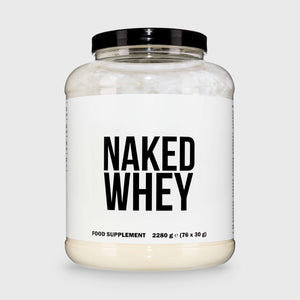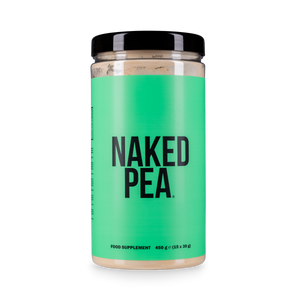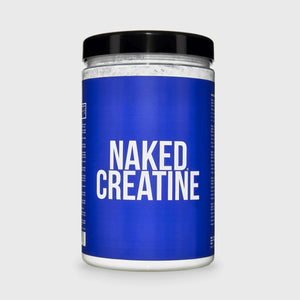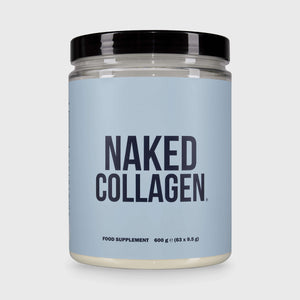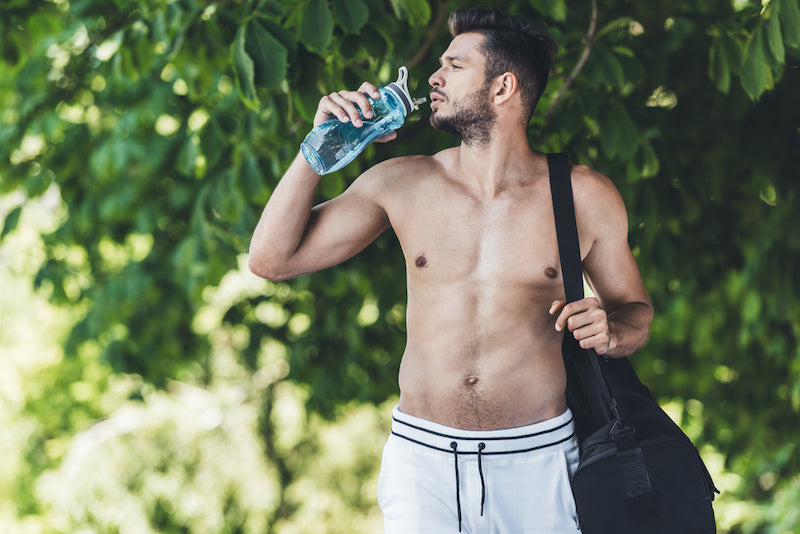You probably already know that good sleep is one of the main foundations of health and wellness. Without adequate rest and recovery, almost all aspects of your wellness will suffer, including your performance at the gym and work.
One of the ways to make sure you’re getting the best shut-eye possible is to stay well-hydrated.
Read on to learn more about how the two are related, and how to always stay adequately hydrated for good sleep and overall long-term wellness.
Will Drinking More Water Help You Sleep Better?

That depends. If you’re not well-hydrated already, then yes, drinking more water can help you get a better night’s rest.
For example, if you sweat a lot during intense workouts, you might lose electrolytes like magnesium and potassium. Unless you rehydrate properly, then you could experience muscle cramps, dry mouth, headaches, and other issues that can disrupt sleep.
Not being well hydrated can also affect the release of melatonin, which is a chemical associated with your body’s internal clock, or your circadian rhythm. Your body releases melatonin when it’s time for bed and makes you feel drowsy so you can fall asleep.
If melatonin is disrupted because of dehydration, then it might be more difficult to get a good night’s rest even if you’re tired and exhausted.
But if you’re already well-hydrated, then drinking more water before sleep won’t improve the quality of your rest, and in fact, might even disrupt sleep.
Drinking Water Before Sleep
While it’s important to stay well hydrated throughout the day, be mindful about drinking too much water right before you go to sleep.
You don’t want to drink so much water at night that you have to wake up frequently to visit the loo.
The best approach is to hydrate throughout the day, as we will discuss below, and then limit water consumption about an hour or so before bedtime.
That way, you finish the loo business before you hit the sack.
How to Check Hydration

So how do you know if you’re keeping up with your optimal hydration requirements?
Well, most of it comes down to the color of your urine. If it’s frequently a dark yellow color, then it might be a sign that you need to step up your water drinking efforts.
Ideally, you want it to be a pale straw color. But keep in mind that for many people, the first bathroom run in the morning can be a bit more yellow than normal. But then as you (hopefully) start drinking more water throughout the day, then it should return to a more pale color.
Here is a chart from The Cleveland Clinic that shows what your urine color reveals about your hydration and health.
Best Ways to Always Stay Hydrated
As previously mentioned, the best way to stay hydrated is to do it consistently throughout the day.
But hydration isn’t just about water.
It’s also about the electrolytes and minerals that help maintain hydration and make sure you don’t flush out excessive water, which can lead to dehydration.
So, along with drinking water, you should also do the things we list below to maintain optimal hydration, and enjoy good sleep.
Drink a Lot of Water (Duh!)
Well, this one is obvious.
But it’s worth mentioning because many of us are guilty of forgetting to drink enough water throughout a busy day.
You can do it the old fashioned way and just remember to drink 8-10 glasses of water each day (at least).
Otherwise, there are plenty of apps and tools to help you track your water intake.
Apple even has a water bottle that you can connect with your iPhone that tells you how much water you should drink, if you really want to take it to the next level.
Eat Fruits and Vegetables

Fruits and vegetables are hydrating foods.
They contain minerals that help support electrolyte balance and optimal hydration levels. Fruits and vegetables also contain water in them.
So, if you eat a watermelon, you’re actually getting a decent amount of water as well, which helps you hit your daily water intake goals. Just to give you an idea, more than 80% of a juicy watermelon consists of water.
Avoid Hydration Pitfalls
Some of the big hydration pitfalls are drinking too many sugary drinks or too much alcohol.
While those are obvious ones, there are hidden pitfalls like not eating any salt or limiting carbs to the extreme, like someone on a keto diet for example.
While you should watch your sodium intake, you shouldn’t swear off salt altogether because it is a vital mineral that helps your body retain water to keep you hydrated.
An extreme low-carb diet can also cause your body to flush too much water which can lead to inadequate hydration. If you’re following a keto (or similar) diet, be sure to take a keto-friendly electrolyte supplement a few times a week.
Replenish Electrolytes

As we’ve mentioned a few times here, hydration isn’t just about water. You need to make sure that your body isn’t flushing out more than a usual amount of water.
And you can do this by maintaining a proper electrolyte balance. Usually it’s not something to worry about, but if you train hard and sweat a lot, then you also lose minerals in the process.
Or if you’re using a sauna to ramp up recovery, you also lose electrolytes that way.
Besides eating a nutritious diet, you can take a clean electrolytes powder like Nakedade to make sure that your hydration is on point.
Not only will you sleep well, but also enjoy other health benefits like more energy, good muscle function, no cramps, and a lot more.
